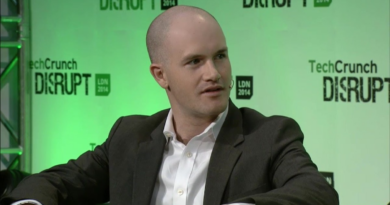Brinc launches new program for climate tech startups
Brinc, the Hong Kong-based accelerator backed by investors like Animoca Brands, is launching a new program for fledgling climate tech startups. The three-month program is tailored for founders who are focused on carbon dioxide removal (CDR). They will receive fundraising support, guidance on how to scale up and introductions to Brinc’s network of follow-on investors, mentors and corporates.
Janina Motter, Brinc’s Climate Tech Program manager, told TechCrunch that the accelerator has focused on climate tech for several years through its food tech vertical. “From those successes, we recognized sector specificity is key to maximize value for founders,” she said. “This is why we plan to have several different climate tech programs over time, with this new program focused on carbon removal, utilization and storage.” She added that Brinc has seen underinvestment in carbon removal relative to its climate impact.
The inaugural cohort includes four startups. Motter said “the strongest applicants understand how their approach fits into the competitive landscape and have compelling answers about ‘why them? why now?’ for the company to grow. Furthermore, for CDR in particular, it’s critical that startups have some initial understanding of how their technology fits into broader context (ecological risk, co-benefits, local communities, etc) and are willing to develop a robust framework which will help them scale responsibly.”
From the United Kingdom, Airhive is creating geochemical direct air capture (DAC) to scale carbon removal. Its DAC system is modular and based on a fluidized nano-structured sorbent.
Based in the United States, CarbonBridge captures fermentation CO2, or CO2 generated by fermenting plant matter to make beer, wine and other products, before it enters the atmosphere, and produces eco-friendly methanol through a microbial conversion process. The startup says this is a cost-effective alternative to mainstream methanol made from fossil fuels.
Hong Kong’s Formwork IO wants to reduce carbon emissions in architecture and other parts of the built environment. It does so by creating carbon-negative concrete through the use of waste carbon dioxide and materials as binders. Formwork IO is focused on the Asian market, where it says more than 70% of cement is produced.
Poas Bioenergy, based in Costa Rica, turns agricultural waste, including coffee and pineapple residue, into biochar and syngas, making waste management more efficient and giving farms a source of clean energy.
The Climate Tech Program is supported by organizations like Artesian, Carbon Business Council, CO2CRC, Direct Air Capture Coalition, PML Applications and others.




